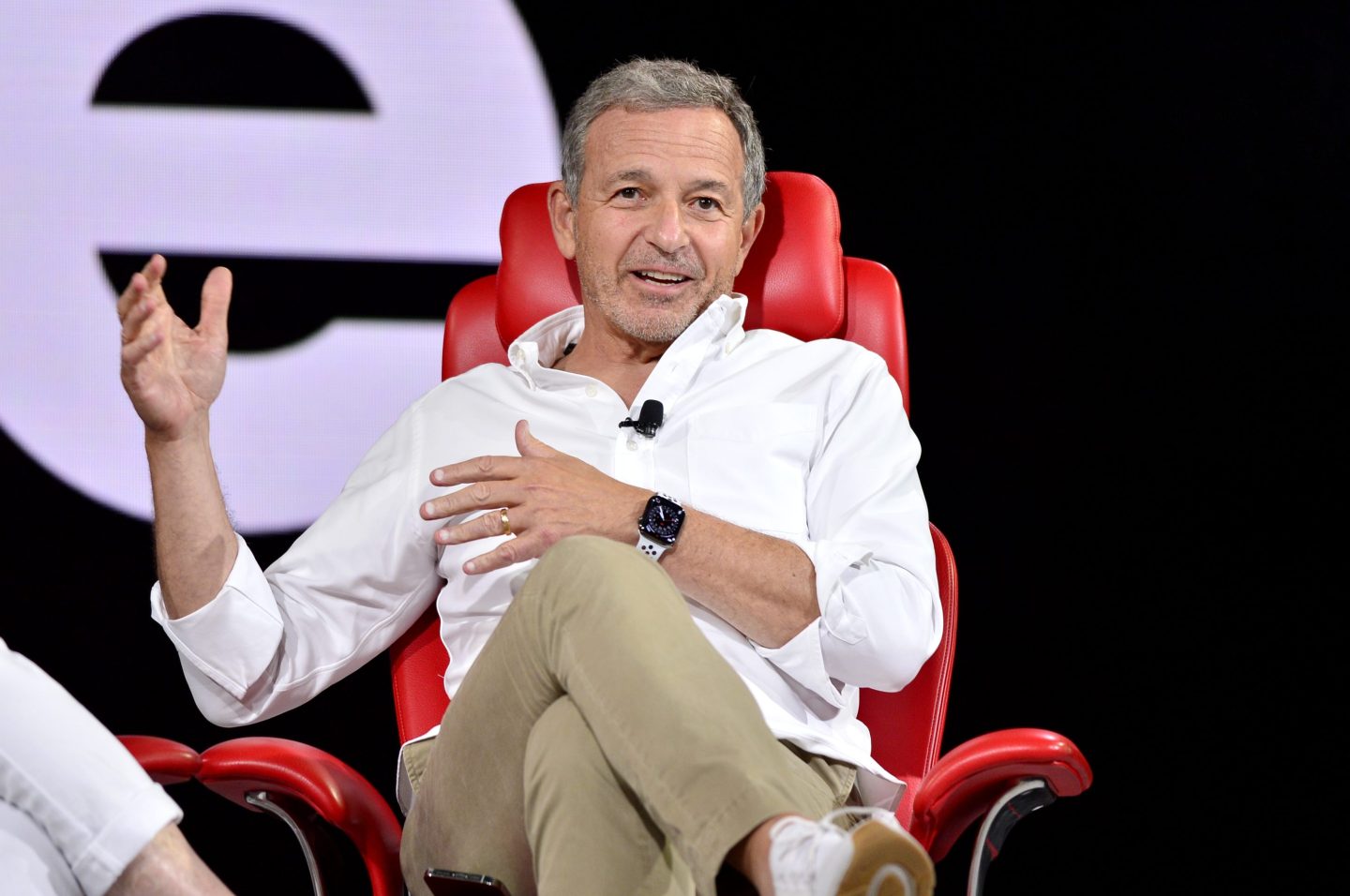The brewing proxy battle at Disney has moved deep into allegory territory.
As a reminder, late last year, activist investor Nelson Peltz of Trian Partners relaunched his campaign for board influence at the Mouse House, this time nominating himself and Disney’s former CFO Jay Rasulo for seats. Backed by fellow billionaire Ike Perlmutter, the ousted former head of Marvel Entertainment, Peltz claims that Disney’s failures have cost shareholders $70 billion over recent months.
Last week, the plot thickened when the media giant announced that investment firm ValueAct Capital supported its proposed slate of directors. Disney agreed to share information with the investor, which isn’t looking to nab board seats, essentially allowing the hedge fund to become an insider-outside advisor.
The conflict has so far attracted four activist investors, with ValueAct and Trian as the key players among them, operating with starkly different strategies. ValueAct is known as a quiet, collaborative, behind-the-scenes partner to companies under pressure, while Trian’s Peltz is considered loud and adversarial. In fact, Puck News just dubbed Peltz, Rasulo, and Perlmutter Hollywood’s “Villains of the Year.”
More drama may unfold before Disney’s general meeting, for which the company has not announced a date. In the meantime, governance experts share these takeaways from the action-packed situation:
—CEOs should not orchestrate succession planning. Remember that Iger returned to Disney after his chosen successor, Bob Chapek, failed, kicking off this latest round of governance battles, says Charles Elson, founding director of the Weinberg Center for Corporate Governance at the University of Delaware. Outgoing CEOs often pick successors for the wrong reasons, he adds, and Iger’s return and strong influence over the board underscore why an incumbent chief executive’s opinions during the CEO search should be viewed as “interesting [and] informative, but not dispositive.”
— The strongest defense against an activist is an independent board. The key to protecting a company from proxy battles is having “independence, expertise, and strong and broad equity ownership on the part of the board,” says Elson. That’s because shareholders tend not to question whether a truly independent board is making honest decisions even when performance falters, he explains. As such, shareholders will be less likely to side with an activist who wants directors replaced. However, when both performance and governance are under pressure, which is the case with Disney, activist investors have the upper hand, says Elson, who believes Peltz has a “pretty good chance” of winning a seat.
—Activism is evolving. Some activists feel less beholden to the historical model of the vicious corporate raider, says Michael Useem, professor emeritus of management at the Wharton School of the University of Pennsylvania. Many new generation activists—and some of the originals—will take a stance like ValueAct and say, “We’re not here to be a thorn in your side. We’re here to get value out of a stock [that] is not expressed in the stock price,” he explains. That may involve a fight for board seats, but it doesn’t have to.
—Effective directors stay open to activists’ arguments. “What’s happening at Disney reconfirms that company directors must master the art of working with activists,” says Useem. Twenty years ago, he explains, a director’s knee-jerk reaction would be to “put out your stiff hand and tell activists to go away.” Today, wise directors need to know how to exercise independent judgment while acknowledging that activists often understand the company as well as they do.
Lila MacLellan
lila.maclellan@fortune.com
@lilamaclellan
Noted
“You’ll have people waiting until the election, and waiting until the economy’s either hard- or soft-landed and then decide if they’ll wait for the next crisis or just pull the plug.”
—Jason Baumgarten, head of the global CEO and boards practice at Spencer Stuart, on how burnout will fuel CEO churn in 2024.
In Brief
—Howard Davies, chair of U.K. bank NatWest Group, angered consumers during a podcast appearance in which he said getting a mortgage in the country isn't that difficult. Critics said his comment was maddeningly out-of-touch with the country's economic realities.
—Former Tesla director Linda Johnson Rice declined to stand for reelection to the carmaker’s board in 2019 over concerns that CEO Elon Musk’s erratic behavior was linked to drug use, according to the Wall Street Journal. Board members had reportedly spoken to each other about his alleged drug habits but didn’t elevate the issue to a meeting agenda item.
—OpenAI has reportedly added a woman to its all-male slate of directors. Bloomberg reported last week that Microsoft selected Dee Templeton, Microsoft’s vice president for technology and research partnerships and operations, to be the tech giant’s representative. As an observer, she would not have voting rights.
—Pershing Square founder and CEO Bill Ackman had a friend on the inside during his campaign to oust former Harvard president Claudine Gay. Tracy Palandjian, cofounder and CEO of Social Finance and a member of Harvard’s governing board, was also a director at Pershing Square Holdings, the publicly traded arm of Ackman's hedge fund, but stepped down last month.
This is the web version of The Modern Board, a newsletter focusing on mastering the new rules of corporate leadership. Sign up for free.












